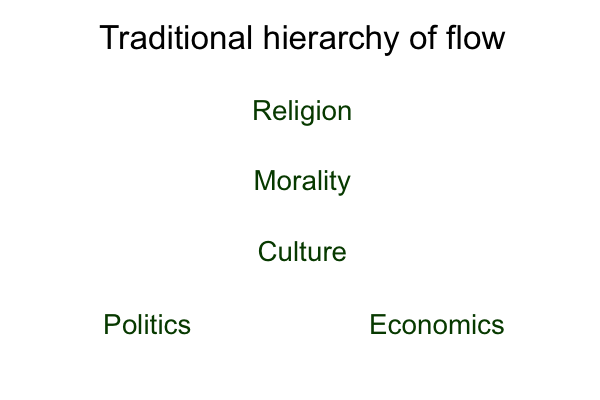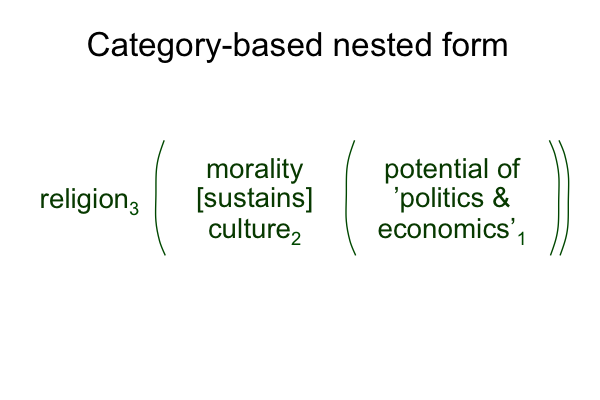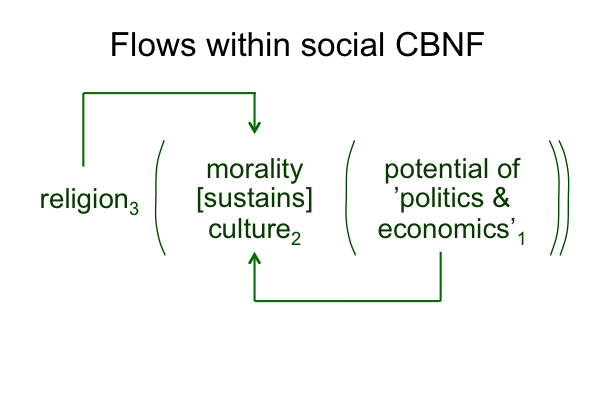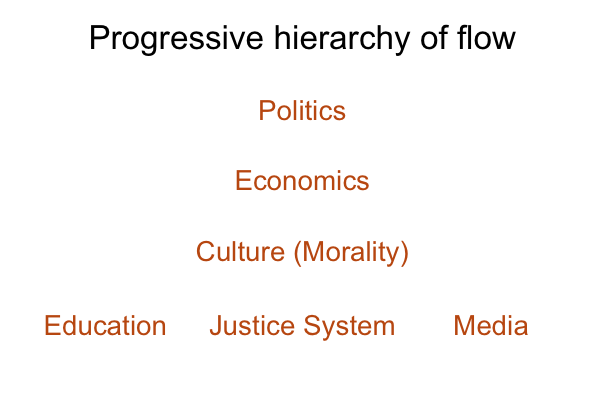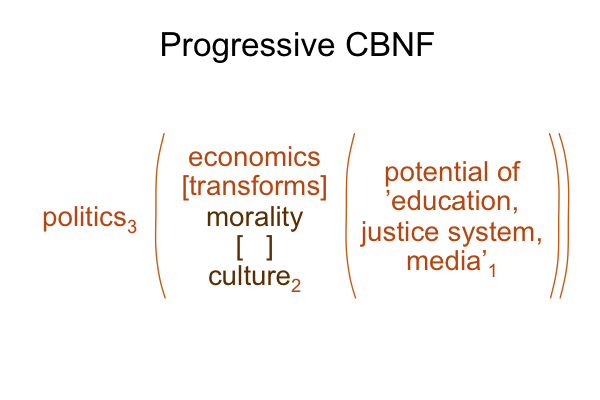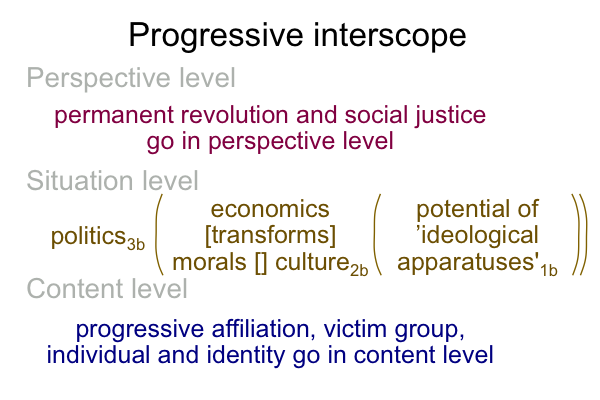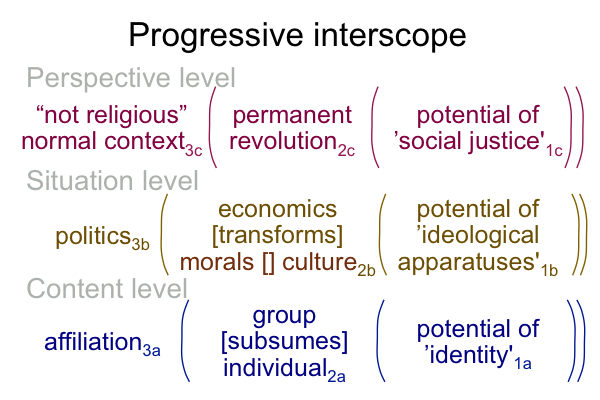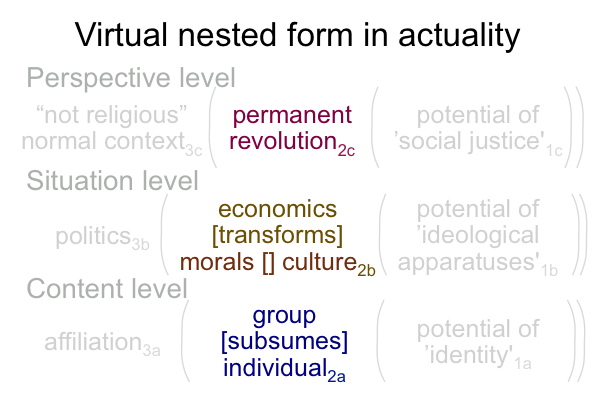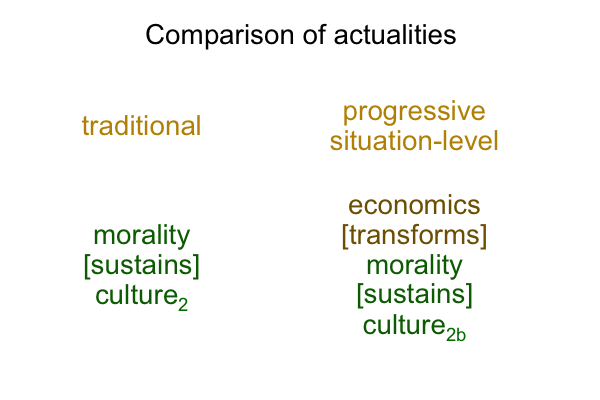Looking at Andrew Kulikovsky’s Overview (2005) “The Bible and Hermeneutics” (Part 9 of 10)
0069 Does the term, “cultural accommodation”, cohere with the idea that Genesis 2:4-11 is an insider’s view of the Ubaid, the Uruk, and the Sumerian Dynastic.
0070 How does one describe events that are potentiated by the semiotic qualities of speech-alone talk?
This is one of the challenges facing folk within the emerging civilization of southern Mesopotamia.
Things happen that no one expects. The world of the Ubaid gets more and more complicated. Innovation follows innovation. Villages turn into towns. Towns expand into cities. The Ubaid becomes wealthier, more powerful, more hierarchical, more specialized, more unequal and, of course, more deranged.
0071 The hypothesis of the first singularity challenges the modern… er… postmodern imagination.
How do we imagine the social changes that follow the potentiation of labor and social specialization by speech-alone talk?
0072 The semiotics of speech-alone talk is radically different than the semiotics of hand-speech talk. As discussed in The First Singularity and Its Fairy Tale Trace, the early Ubaid practices speech-alone talk, at a time when all the surrounding cultures practice hand-speech talk. But, that is not the case for long. The surrounding cultures see what the Ubaid can do. They drop the hand-talk component of their hand-speech talk in imitation. Then, weirdly, they also start to become more and more complicated.
0073 No one in the Ubaid is prepared for the way that speech-alone talk works. No one is accustomed to the deception that speech-alone permits, in contrast to hand-speech talk.
Well, I suppose, after a number of generations, some people within the Ubaid culture start to figure out that speech-alone talk can be used to deceive, even while making apparently correct statements. Plus, these deceptions lead to exposure. Exposure ends in disaster.
0074 How so?
We project meaning, presence and message into spoken words. Then, we construct artifacts that validate our projection. When the artifacts are working, everything seems fine. When the artifacts stop working, we are exposed. Everything that our projections tell us is true turns out to be wrong.
0075 Hmmm. Does any of this sound like Genesis 2.4-4?



